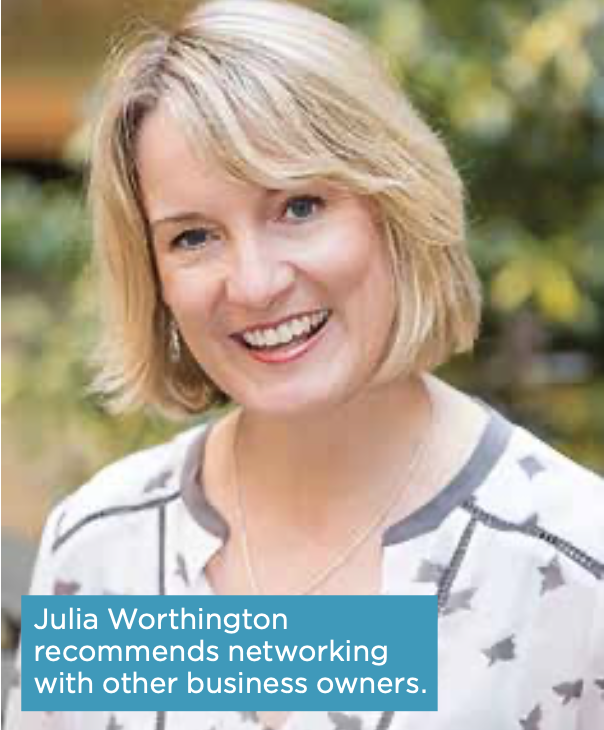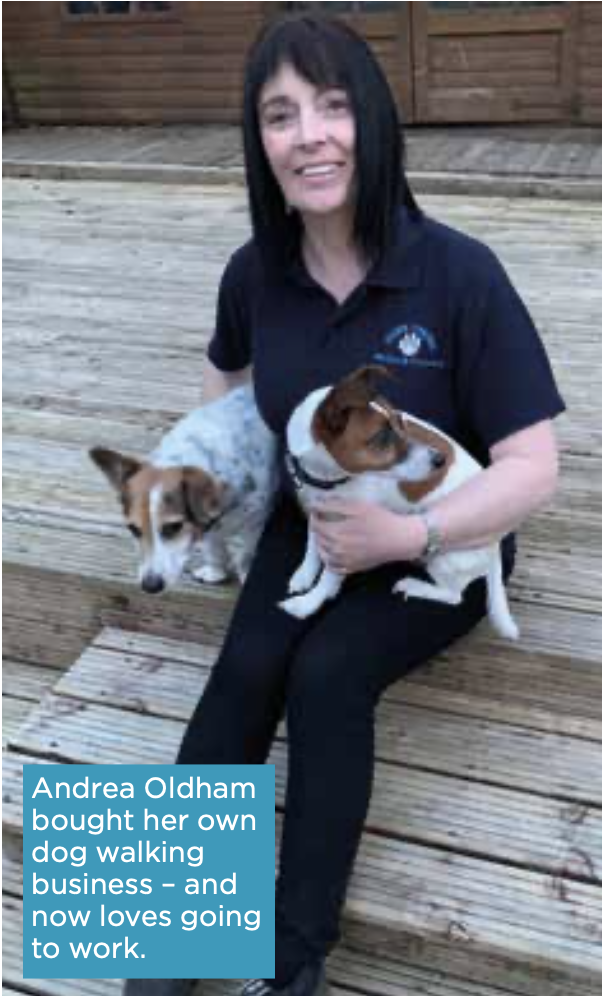Money? Time? Happiness? Just how do people measure success in business? Sara Walker has been finding out.

Success, in business as in life, is subjective.
The most obvious measurement is financial. But if making more money means you’re working 18 hours a day, paying someone to ride your horse and missing your children’s bedtime, can that still be described as success?
Testing your definition of success is a personal thing. It could be working fewer hours, or building a bigger market share of a particular distribution channel. Customer satisfaction, employee contentment and your contribution to society are other measures.
According to independent business coach Julia Worthington, it’s about working ‘on the business’ rather than ‘in the business’. Recently I said I needed to increase my client base, and a colleague remarked: ‘Do you actually need more work or should you be rethinking your charging structure?’
“That was a light bulb moment. I thought about how I could generate more income without having to work longer hours. My idea of success is having time to go for a walk with my dog and enjoy the countryside, rather than squeezing it in at 6am before heading to work.”
ANXIETY ATTACKS
After suffering anxiety attacks, Andrea Oldham left her job as an HR manager to set up dog-walking business Paws Tours.

“I had to travel abroad a lot and didn’t like leaving my horses and dogs,” she says. “Sometimes I had to have my work phone on 24 hours a day, andI didn’t feel I really had any time off.”
So, deciding that life was too short, Andrea changed career. “I bought Paws Tours, and aligned my pricing with other dog walkers locally. All the business’s customers stayed with me. I went from working 50 hours a week to 24, and my income has actually increased.”
Now feeling healthier, Andrea attributes her success to treating her new venture as “a business rather than as pocket money.” Significantly, she adds: “Now I love going to work!”
NERVOUS SKIERS
Staff are often small firms’ key to success, according to coaching consultant Louise Pode. “And if you can create a positive culture where they feel valued, they will go the extra mile for you,” she says.
Small business owners tend to measure their success in terms of values such as improved employee engagement and customer satisfaction. There’s an interesting parallel in another of Louise’s enterprises – coaching nervous skiers.
“The impact our thoughts have on our physical performance is so powerful,” she explains. “The challenge is to overcome that anxiety, whether you’re riding or skiing.” And, indeed, running a business.
“I thought about how I could generate more income without having to work longer hours.”
“The great positive is when you overcome self-limiting beliefs. You’re then able to use those skills to overcome other challenges in your life.”
Louise describes coaching one woman who loves the mountains, but was so nervous when skiing she could barely look up. “Her goal was to be able to focus on the surrounding beauty and not let her anxiety distract her. These intrinsic motivators are very powerful in enabling us to attain our goals, beit self-improvement or success in the workplace.”
Experts agree that it’s crucial to keep track of incremental moves towards success. For example, you might decide that in a year’s time you’d like to see a specified increase in your customer base, achieve a particular product certification or have a better work/life balance.
Review your objectives regularly, and in 12 months’ time you could find yourself even more successful.
ETN | Better Business - September 2019
Background vector created by katemangostar - www.freepik.com

















